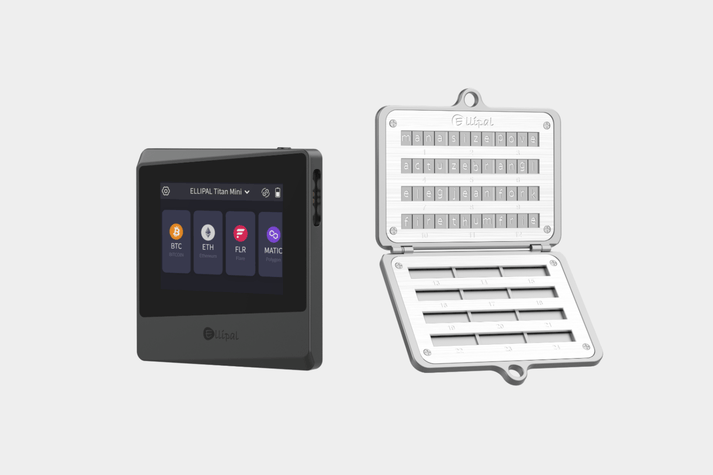In the realm of cryptocurrency, security is paramount. One of the most effective ways to safeguard your digital assets is through the use of a cold wallet. But what exactly is a cold wallet, and how does it function? This article will delve into the intricacies of cold wallets, their advantages, and how they compare to other storage methods.

What is a Cold Wallet?
A cold wallet refers to a type of cryptocurrency wallet that is not connected to the internet. This disconnection from the web makes it significantly less vulnerable to hacking attempts and cyber threats. Cold wallets can take various forms, including hardware wallets, paper wallets, and even physical devices that store your private keys offline.
"Cold wallets are essential for anyone serious about protecting their cryptocurrency investments." - Crypto Security Expert
Types of Cold Wallets
There are several types of cold wallets, each with its unique features:
- Hardware Wallets: These are physical devices designed specifically for storing cryptocurrencies securely. Popular options include the Ledger Nano S and Trezor Model T.
- Paper Wallets: This method involves printing your private keys and public addresses on paper. While it is highly secure, it is also susceptible to physical damage.
- Air-Gapped Devices: These are computers or devices that have never been connected to the internet, ensuring maximum security for your private keys.
How Do Cold Wallets Work?
Cold wallets operate by generating and storing your private keys offline. When you want to make a transaction, you can connect your cold wallet to a device that has internet access, sign the transaction, and then send it. This process ensures that your private keys remain secure and are not exposed to potential online threats.
For instance, a hardware wallet like the Ledger Nano S allows users to manage their cryptocurrencies securely. Users can easily transfer funds to and from their cold wallet while keeping their private keys safe.
Benefits of Using a Cold Wallet
Utilizing a cold wallet offers several advantages:
- Enhanced Security: By keeping your private keys offline, you significantly reduce the risk of hacking.
- Control Over Assets: Cold wallets give you complete control over your cryptocurrencies, unlike exchanges that may hold your funds.
- Long-Term Storage: They are ideal for long-term investors who do not need immediate access to their assets.
Conclusion
In summary, a cold wallet is an essential tool for anyone looking to secure their cryptocurrency investments. By understanding the different types of cold wallets and how they function, you can make informed decisions about safeguarding your digital assets. Whether you choose a hardware wallet or a paper wallet, the key takeaway is that keeping your private keys offline is a critical step in protecting your investments.
For more information on securing your cryptocurrency, check out this informative video that explains the importance of cold wallets in detail.









